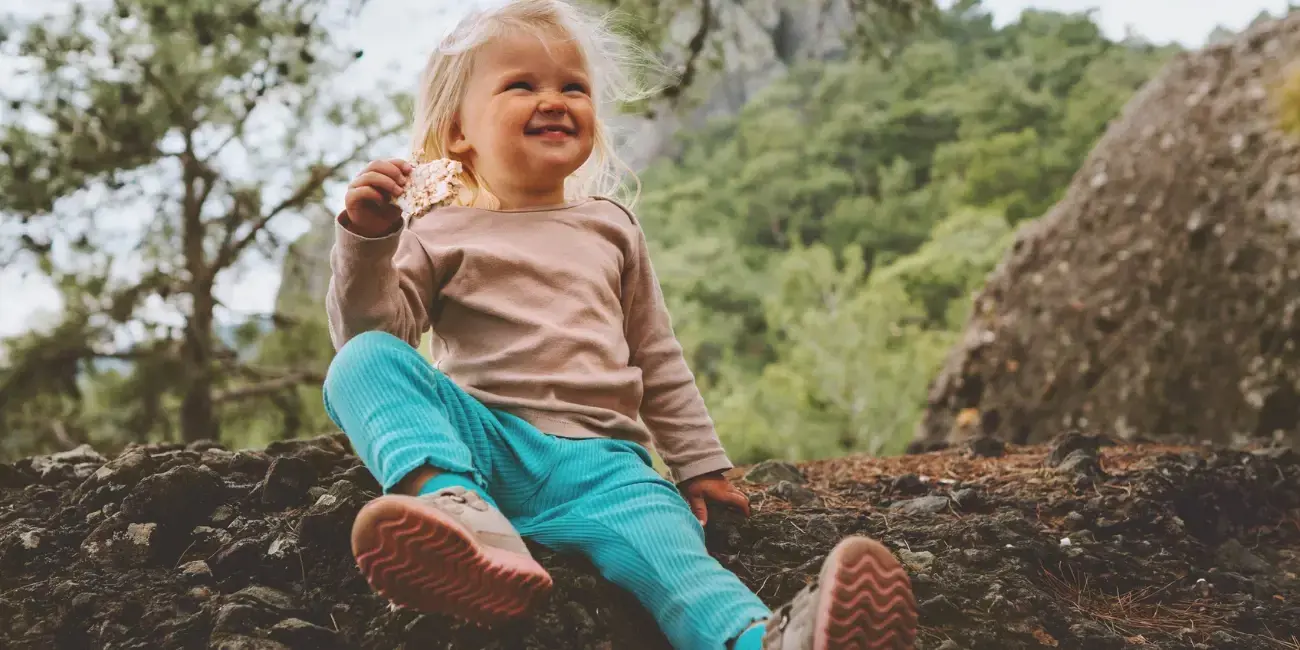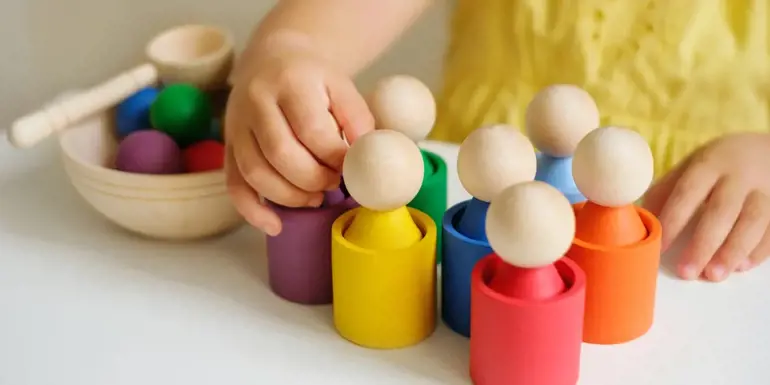Spending time outdoors is incredibly beneficial for children. It's a beneficial physical activity for children of all ages. It ca also grow their confidence, inspire their creativity, help them learn responsibility and learn new skills, and support their overall mental wellbeing.
While parents might love accompanying their kids on adventures in nature, it's important for them to take a step back and let children explore the great outdoors on their own, once they're old enough to do so.
To make this process a little less daunting, we've put together a few tips to help you keep kids safe as they begin to lead their own expeditions in nature.
Assess each child's readiness individually
There is no right or wrong age to allow a child to go outdoors alone. Every child develops differently and the risks they face while out alone depend on the environment they're in.
The next few questions can help you determine whether a child is ready to explore an outdoor space alone:
- What's the environment and terrain like, and does the child have the skills to navigate it?
- Has the child practised the activity or visited the outdoor area with an adult before?
- Does the child recognise safe and unsafe scenarios?
- If an emergency happens, will there be trustworthy adults in the vicinity to help?
- Does the child consistently follow rules or instructions?
- Is the child confident enough to ask trustworthy adults for help when they need it?
Build up independence in exploring outdoors gradually
It's vital that kids build up their confidence to explore independently, and that you encourage and build trust in them to be safe and sensible. You can do this by gradually increasing the time they spend alone outdoors. For example, you might start by letting your child explore the local park or playground by themselves provided that they remain within your sight while you sit on a bench.
Next, you might permit them to go out of sight provided that they're back within a defined time frame. You could work at gradually increasing the time they're out of sight over several weeks until you feel confident that they can visit completely independently.
Make sure your child has an emergency plan
It's imperative that your child knows how to get help should they need it when they're out and about in the world without an adult. This begins with them knowing basic information about where they live and how to get in contact with trusted adults.
Make sure they know their full name, their full address, and the phone numbers of at least two trusted adults. They could save this information on their phone but it's more useful if they know it by heart. One of the best ideas is to try putting your phone number and address to the tune of a catchy song to help your child remember.
It's also important for children to know which adults they can go to in an emergency, such as a neighbour, relative or friend of the family. This means that if they can't get hold of a parent right away, they can rely on someone else.
Independence is crucial to child development
While your child will always be your baby, you need to understand that you can't always watch them and be with them. Gaining independence is an important step in a child's development. As long as you consistently assess risks and make sure your child knows how to handle an emergency, you can safely teach them the value of independence and let them have fun in the great outdoors.
Childcare can play a big part
Lots of early learning settings have wonderful bush kindy programs and risky play activities embedded in their curriculum. Ask your childcare provider for more information on what outdoor program they offer and see how you can support them in your home and local community environments.



































